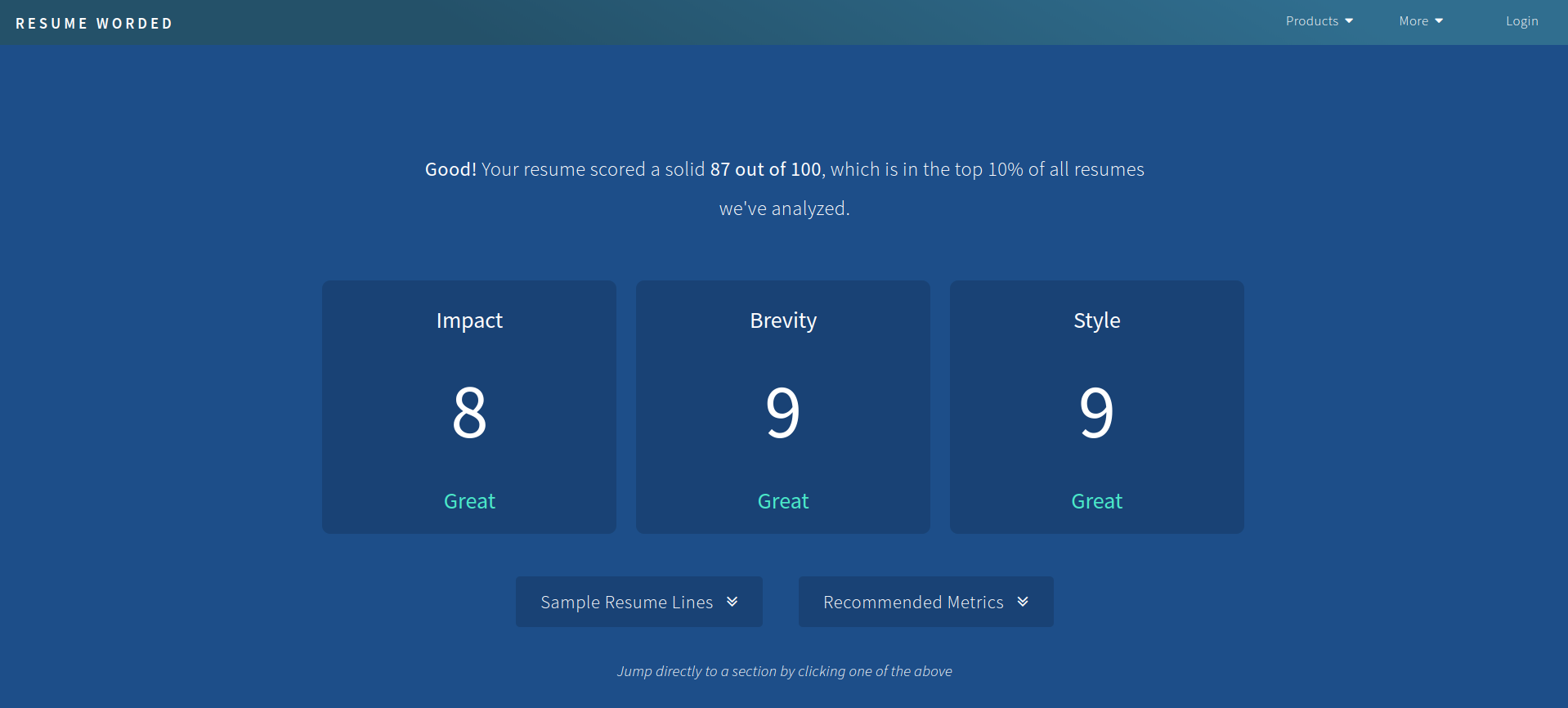Relevancy matters
An “Interests or Hobbies” section of a resume is often a question of debate for job seekers. In general the consensus is clear: interests and hobbies are okay – if they are relevant.
An interest or hobby section can help round you out as a candidate, and can help you standout, but it can also come with some costs. Let’s weigh some of those pro/cons.
Advantages
– They help distinguish you from other applicants. Especially in applicant pools where the qualifications are similar – this can help you standout and make you unique in the applicant pool.
– They create talking points for interviewers – and can help humanize you. They give places to start up conversation and generate positive “buzz” about you with the hiring manager.
– They show-well roundedness and versatility – often hobbies or interests can indicate skills that are transferrable or represent growth potential.
– Can give indications of fit and alignment with company culture – and can indicate how you will mesh with a team.
– Express desirable traits like dedication, persistence, and passion.
Disadvantages
– They pigeonhole you – they may cause an employer to limit how they think you will fit in with the team.
– They could indicate things that are distracting – so for example, if you list “traveling”, your employer may worry that you plan on vacationing a lot or may be unavailable.
– Expressing too much interests may trigger to employers that you don’t have enough balance, or that you have priorities that may conflict with work.
– Expressing involvement with organizations that run counter to the organization you are applying for may eliminate you as a candidate.
Think before you list
Although weighing the pros and cons are important, there are a couple of things to ask yourself BEFORE you list an interest. Consider going through the following questions:
1. Is it relevant? While it is ok to list one or two side hobbies or interests, most of what you list should be relevant to the job you are applying for – blogging for tech if you are applying for IT, or leading a volunteer team if you are applying for a manager position. Don’t throw around random information in an attempt to fill space.
2. Is it controversial? In general, be wary about listing political associations, or membership in controversial issue groups – gun rights, abortion, immigration, etc. (Of course, if you are applying for a position that is political in nature, be careful about listing involvement in organizations that are politically opposite to what you are doing!)
3. Is it dangerous? Probably best to not mention you engage in UFC fighting, real sword play, live action jousting, base jumping, etc. You don’t want employers to think you are expensive to insure, or worse, may not come to work alive one day.
Least important goes at the end
When including this material in your resume, be sure to consider how you present this information. Be brief – and do not list more than 2-3 interests that you can clearly connect to the job. Place them at the end of the resume – so you don’t fight with more important content like experience or education that hiring manager MUST see. Label the section correctly – consider “activities and interests”, “areas of interest”, or “other” depending on all the information you are listing. Key point – keep it brief, avoid irrelevant fluff, and indicate interests to stand out, not push yourself out.
Kam has a Master's degree in Industrial/Organizational Psychology, and is an HR professional. Obsessed with food, but writing about virtually anything, he has a passion for LGBT issues, business, technology, and cats.








































